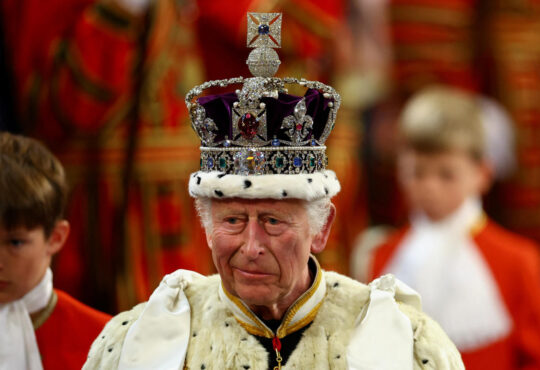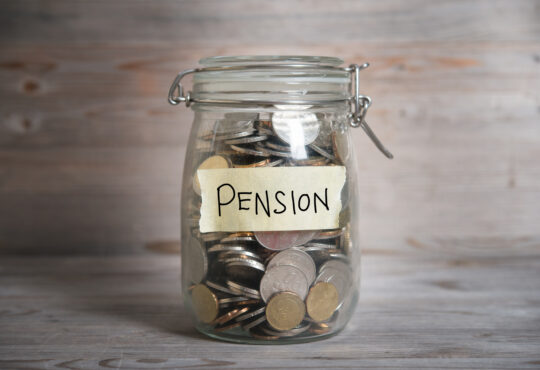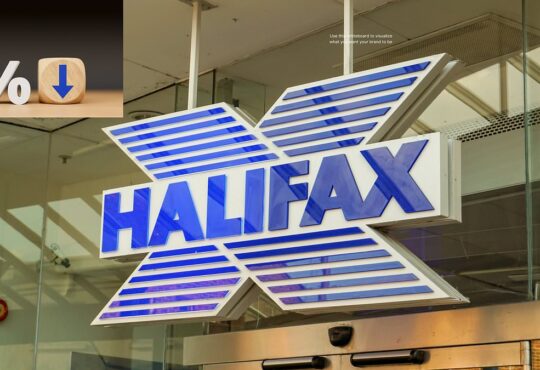Rishi Sunak will NOT axe the triple lock on pensions: Prime Minister set to fight the next election on the pledge to keep the policy

By Glen Owen, Political Editor For The Mail On Sunday
22:06 23 Sep 2023, updated 01:21 24 Sep 2023
- It comes as Mr Sunak was told it was ‘political suicide’ to get rid of the policy
Rishi Sunak is set to fight the next election pledging to keep the pension ‘triple lock’ – despite its spiralling cost – after being told it would be ‘political suicide’ to abandon it.
The Prime Minister had declined to commit to the policy beyond next year’s 8.5 per cent rise in state pensions, after experts said it could add up to £45 billion a year to the welfare bill by 2050.
Treasury officials had been discussing taking a one-off break from the triple lock – which increases pensions each April by whatever is highest out of average earnings rises, inflation or 2.5 per cent – and there had been debate about ditching the guarantee in the next manifesto.
But The Mail on Sunday understands that voters’ reaction to the idea of axing the policy has been so negative that Tory strategists have ruled out any changes.
A Government source said that fears over the growing burden of the measure, which was introduced by the Coalition Government in the 2010 Budget, have been overridden in No 10.
Some Tory MPs and campaigners in the upcoming by-elections in Mid Bedfordshire and Tamworth have expressed fears that abandoning the policy would cost the party dear at the ballot box. The triple lock has been seen as crucial in securing the ‘silver vote’ for the Conservatives in the past four General Elections.
The source said: ‘The rise in wages and inflation has made it a very expensive measure, but the political cost of abolishing it would be higher. Suicidal’.
An outline plan to tackle the problem of funding social care for the elderly has also been quietly shelved, for fear of repeating the ‘dementia tax’ fiasco which derailed Theresa May‘s 2017 election campaign.
The decision follows a dramatic week in which the Prime Minister U-turned over the Government’s net zero green policies, hinted at reforms to A-levels and smoking policy and signalled cuts to the HS2 rail project, galvanising the party in the run-up to next week’s conference in Manchester.
Under the existing system, the full-rate state pension of £203.85 a week, which rose by 10.1 per cent this year, is due to increase to £221.20 next year. It means the annual payout of £11,501 is edging close to the £12,570 at which tax becomes payable.
Each percentage point hike in the state pension equates to an additional bill of £900 million for Jeremy Hunt‘s Treasury. Mr Hunt’s room for manoeuvre increased slightly last week when inflation fell by 0.1 per cent to 6.7 per cent, encouraging the Bank of England to keep interest rates at 5.25 per cent.
The Prime Minister has come under pressure from Labour and the SNP over his refusal to commit to the triple lock, declining to confirm that the policy would be included in the next Tory manifesto. Charities had also warned Mr Sunak that he was putting millions of votes at risk by failing to commit to it.
News that the Prime Minister will continue to honour the rises comes as he also faces a decision over whether to scale back HS2 by axing the second phase of the high-speed line from Birmingham to Manchester and to end it at Old Oak Common in London, six miles west of the planned terminus at Euston.
The moves, designed to save £34 billion, have been criticised by former Prime Ministers Boris Johnson and David Cameron, with Mr Johnson saying that the project had been ‘mutilated’ by the Treasury. Last night, London Mayor Sadiq Khan said axing the final few miles would make the project ‘a colossal waste of public money’.
He claimed the move would lead to longer journey times – saying it would take one hour and 22 minutes to get from Birmingham to Euston in a ‘best case’ scenario, a minute longer than the current scheduled time.
A Government spokesman said: ‘We are committed to the triple lock. As is the usual process, the Secretary of State [for Work and Pensions, Mel Stride] will conduct his statutory annual review of benefits and state pensions in the autumn, using the most recent data available, and we won’t pre-empt that. We don’t comment on speculation around future manifesto commitments.’






